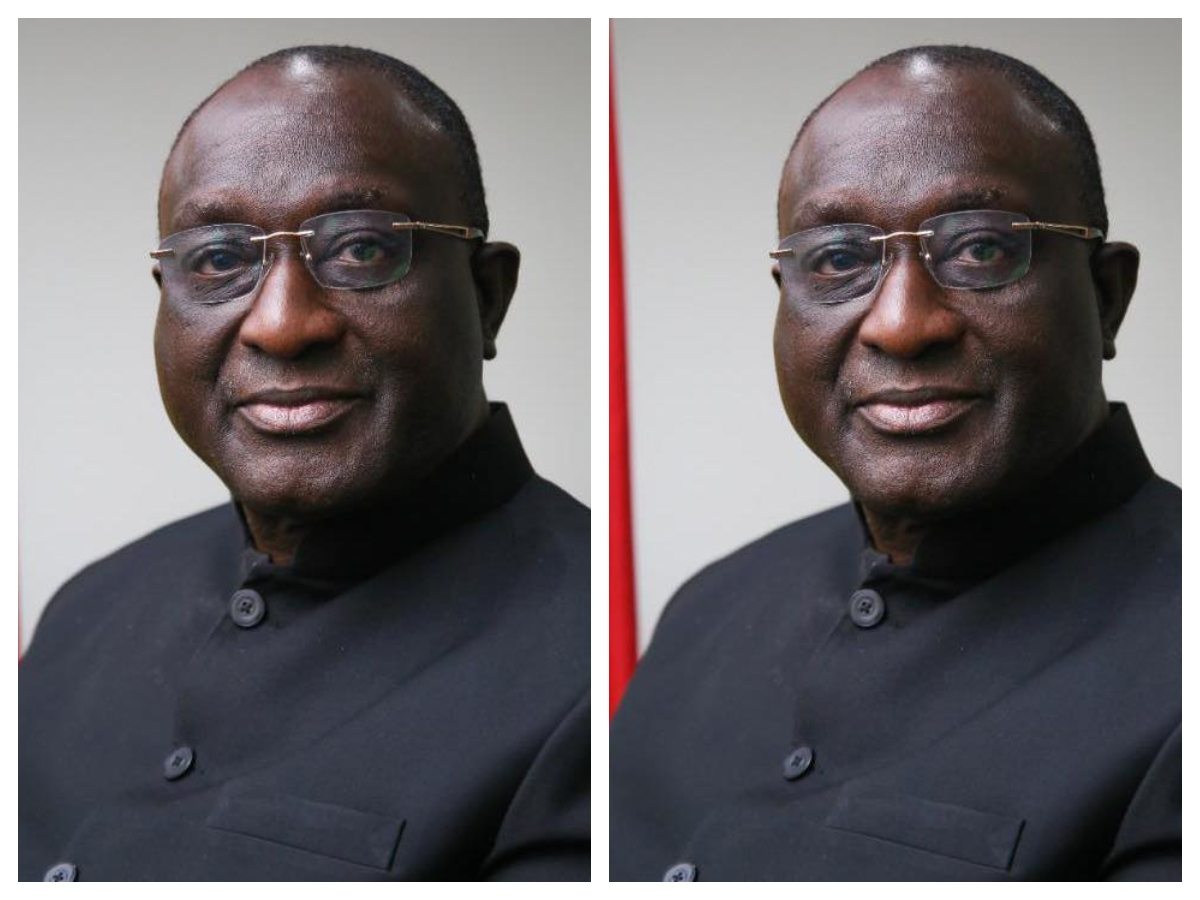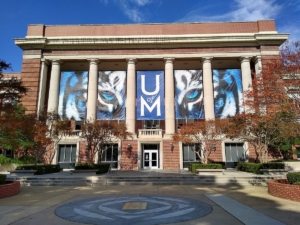Nearly seven decades after Ghana lit the torch of Pan-African independence, questions remain about the nation’s place in shaping the continent’s future. What has slowed Ghana’s progress? And what role should it play in Africa’s push for deeper unity and integration?
Speaking exclusively with Sandra Babu-Boateng on The BreakDown on PanaGenius TV, Ghanaian politician and former Minister of Trade and Industry Alan Kyerematen, one of the lead architects behind the African Continental Free Trade Agreement (AfCFTA), shared his vision for Ghana’s next chapter.
“Ghana was the first country south of the Sahara to gain independence, and it has always played a pivotal role in galvanizing the continent,” Kyerematen said. “I believe this next stage of integration must again be led by Ghana. Integration won’t happen by chance, it has to be placed at the very center of Africa’s political debate.”
Watch the interview below.
He pointed out that talk of continental unity isn’t new. In 2012, the late Libyan leader Muammar Gaddafi floated the idea of a “United States of Africa,” but the proposal quickly collapsed. From Kyerematen’s perspective, the failure underscored a key lesson: Africa’s integration cannot be rushed. It requires a patient, systematic approach, built on consensus.
READ ALSO: Ghana needs global vision – Alan Kyerematen teases 2028 presidential bid
“The building blocks already exist,” he stressed. “This isn’t something for the distant future, it is achievable soon. With AfCFTA, we already had regional economic communities. What was missing was a legal framework, and we achieved that. Now, with Agenda 2063, the African Union has a clear vision. But unless political integration becomes a priority, the rest of the aspirations will not happen. You cannot have a prosperous Africa without political unity. You cannot have a peaceful, secure Africa without deeper integration. It simply will not happen.”
Kyerematen stated that integration isn’t just a lofty political ideal, it has everyday consequences for ordinary Ghanaians. He illustrated this through the example of a young shoemaker.
“Today, a Ghanaian entrepreneur might sell 30 pairs of shoes a month locally. But if AfCFTA works as intended, he could sell 1,000 pairs across the continent,” he explained. “That’s the power of scale. China is where it is today because of scale. The U.S. thrives on scale. Africa must do the same if we want prosperity.”
A functioning free trade area, he added, would allow duty-free exports within Africa, eliminate tariff barriers, simplify customs, and unlock opportunities for small and medium enterprises (SMEs), e-commerce, and consumers who could finally access affordable goods from across the continent instead of overpriced imports from Europe or the U.S.
But he did not shy away from the hurdles. Shipping routes remain limited, with African goods often forced through Europe before reaching another African destination. Road networks and continental highways are incomplete. Rail cargo systems remain underdeveloped.
“These are real barriers,” he admitted. “But with strong political will, and that can only come from greater unity, these challenges can be overcome. Without political integration, highways linking South Africa to West Africa or rail systems connecting African economies will remain a dream. With it, they become achievable.”
For Alan Kyerematen, Ghana’s responsibility is clear: to once again step into a leadership role, placing integration firmly on the continent’s agenda. The country that sparked Africa’s independence movement, he argued, must also help guide it toward its long-awaited political and economic union.










